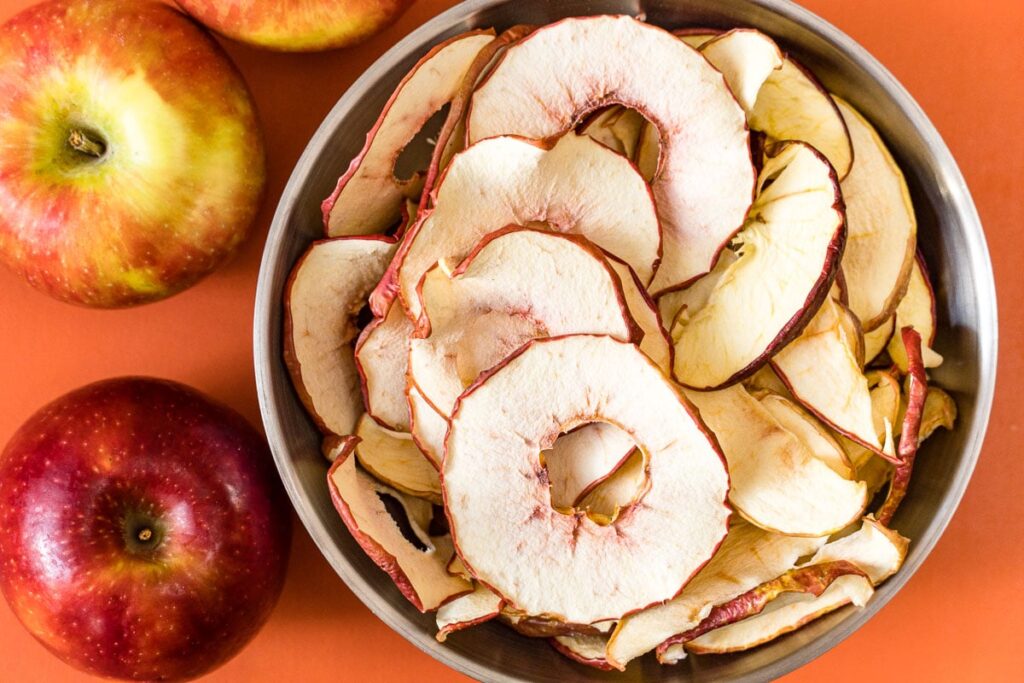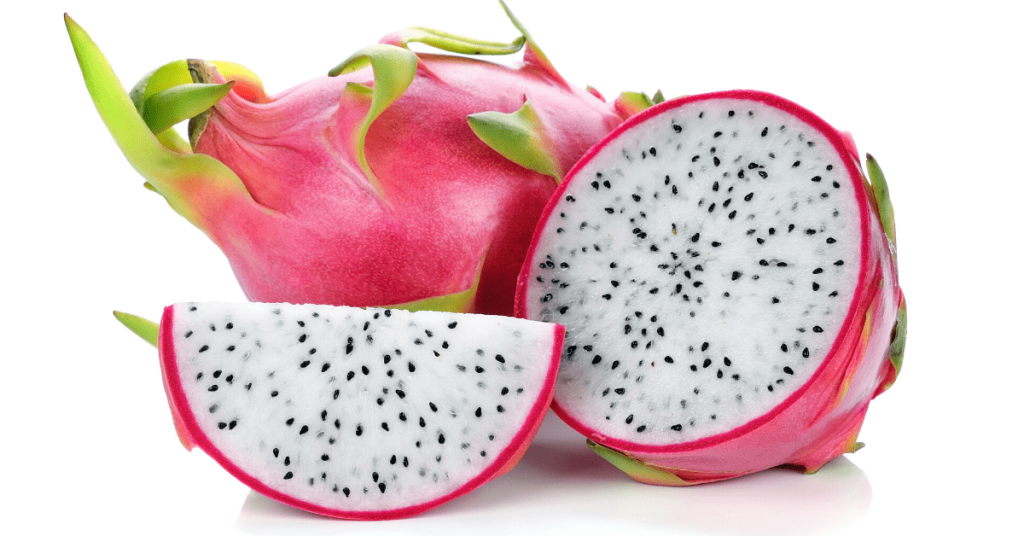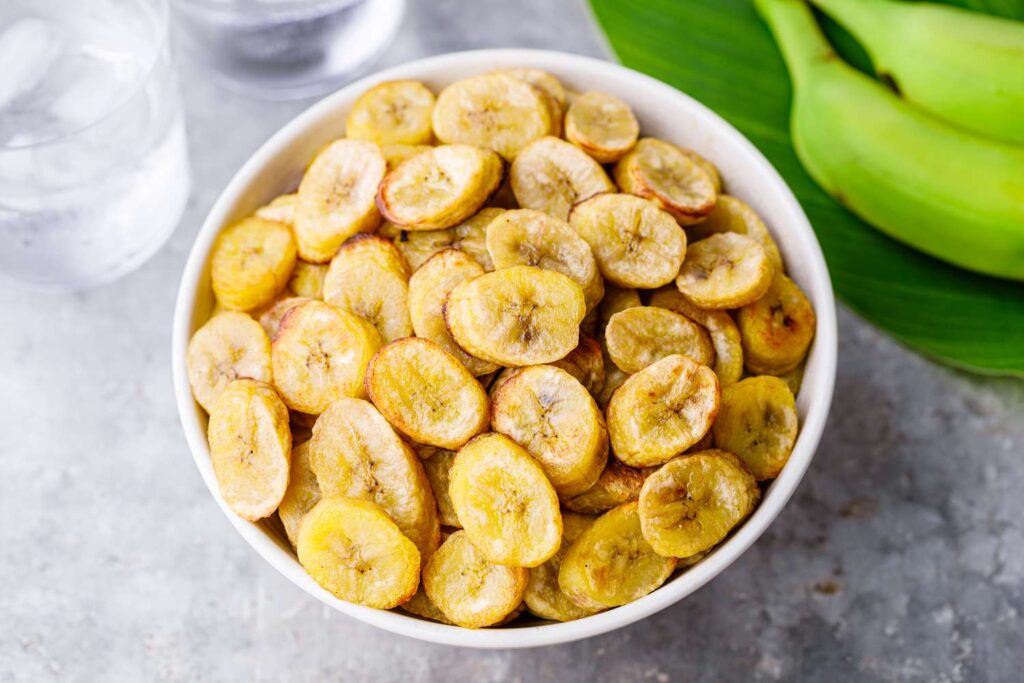Sometimes you buy a mango, but you don’t get around to eating it on time. Now it’s too soft, and you’re wondering if it can make you sick.
Mangoes are tasty and good for you, but when they get too ripe, they get mushy and don’t taste as good. Some people worry that these overripe mangoes could be bad for your health.
Mangoes change as they ripen. At first, they’re hard and not sweet, then they become just right and very sweet, and if you wait too long, they get overripe. You can tell how ripe they are by their color, how they feel, and how they smell.
- Green Mangoes: These mangoes have a green skin and are quite hard. They’re not very sweet and can taste slightly sour.
- Ripe Mangoes: A ripe mango is colorful, soft when you give it a gentle press, and smells really sweet. They are juicy and taste great.
- Too Ripe Mangoes: These mangoes can have wrinkles, be too soft, and smell too strong, like they’re fermenting. They can also look brown inside.
Table of Contents
- Can Overripe Mango Make You Sick?
- Why Overripe Mangoes Can Be Risks to Your Health
- 1. Growing Germs:
- 2. Mold on Mangoes:
- 3. Changes in Nutrients:
- Tips to Enjoy Mangoes Without Worry
- 1. Pick Ripe Mangoes:
- 2. Store Your Mangoes Right:
- 3. Check Before You Eat:
- 4. Keep Things Clean:
- 5. Don’t Go Overboard:
- Summing It Up
Can Overripe Mango Make You Sick?
Yes, there’s a chance that very ripe mangoes can make you sick. They’re not poisonous, but they can grow bacteria and fungi that make you ill. If you eat a bad mango, you could get stomach aches, throw up, or have diarrhea.
Also, if mold grows on an overripe mango, it can make toxic stuff called mycotoxins, which might cause allergies or breathing problems for some people. So, it’s a good idea to pick mangoes that are just ripe, keep them in the right conditions, check them before you eat, and keep everything clean.
Why Overripe Mangoes Can Be Risks to Your Health
We need to talk about whether a too ripe mango can be dangerous. It’s not a simple answer, because these mangoes aren’t always bad, but there are some reasons to be careful:
1. Growing Germs:
Overripe mangoes are a great place for germs to grow, including fungi and bacteria. The high sugar in the fruit can attract these germs. Eating mangoes with these germs can make you very sick, hurting your stomach, causing diarrhea, or making you vomit.
2. Mold on Mangoes:
When mangoes get too soft, they can get moldy easily. If you eat a moldy mango, the toxins from the mold can hurt you. People who are allergic to mold can have even more serious problems, like trouble breathing.
3. Changes in Nutrients:
The longer a mango sits, the more its vitamins and good stuff can go away. A really ripe mango might not have as much vitamin C or as many antioxidants as a just-right mango. Eating them all the time could mean you’re missing out on the best parts of mangoes.
Even though these risks are there, not every mango that’s too ripe will be bad for you. But it’s safer to eat them when they’re ripe and not overdone.
Tips to Enjoy Mangoes Without Worry
Let’s look at some ways to eat mangoes without any trouble:
1. Pick Ripe Mangoes:
Shop for mangoes that feel a bit soft and smell sweet. Stay away from ones that look wrinkly or have odd colors because they might not be good anymore.
2. Store Your Mangoes Right:
If your mangoes are not fully ripe, keep them out at room temperature until they are ready to eat. Once they’re perfect, you can put them in the fridge to keep them from getting too ripe. But don’t leave them in the fridge for ages or they might get damaged or go bad.
3. Check Before You Eat:
Give your mango a good look and sniff before you dig in. If it has mold, feels super mushy, or smells like it’s going bad, it’s best to throw it away.
4. Keep Things Clean:
Always wash your hands before you touch mangoes. Make sure your knife and cutting board are clean too, so you don’t spread any germs that might harm you.
5. Don’t Go Overboard:
Mangoes are wonderful, but don’t eat too many. Having too much fruit can upset your stomach. Try to eat different kinds of fruits and veggies for a balanced diet.
If you follow these recommendations, you can enjoy the tasty flavor of mangoes without worrying about the risks of overripe fruit.
Summing It Up
A nice ripe mango is a treat, but a mango that’s too ripe can come with some problems. Beware of germs, mold, and lost nutrients in overripe mangoes. Stick to enjoying those that are ripe and tasty.
Be wise when picking your fruit, keep them at the right temperature, check them carefully, clean your hands and tools, and eat them in healthy amounts. By doing this, you can keep loving mangoes and stay healthy too.









